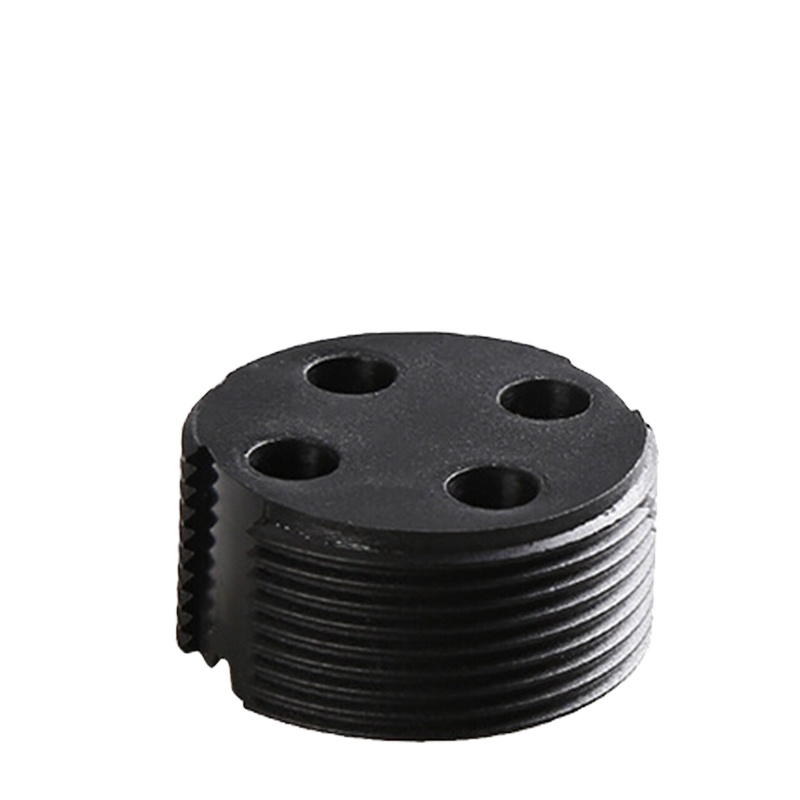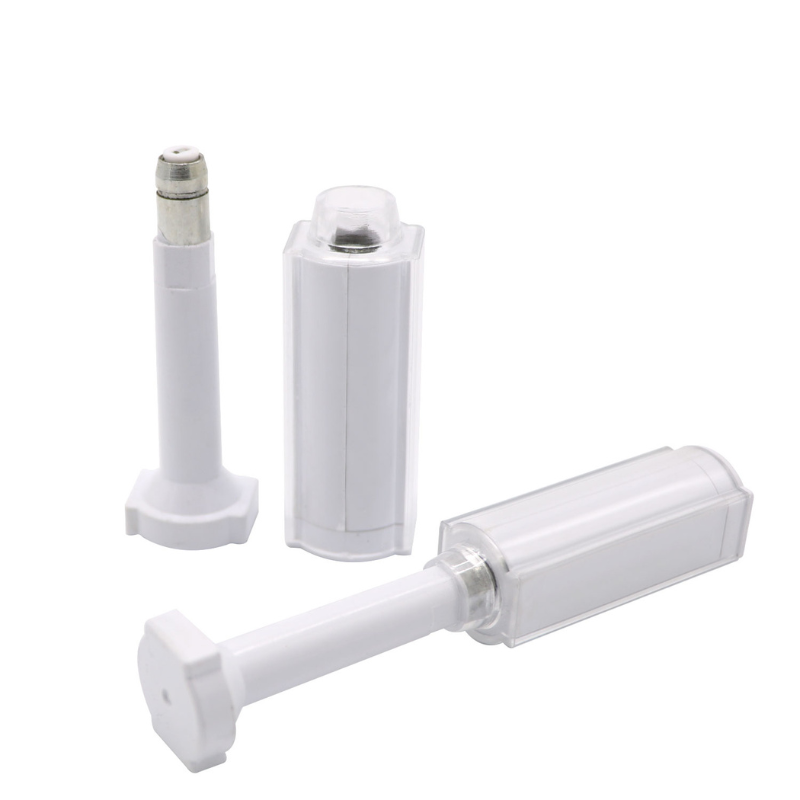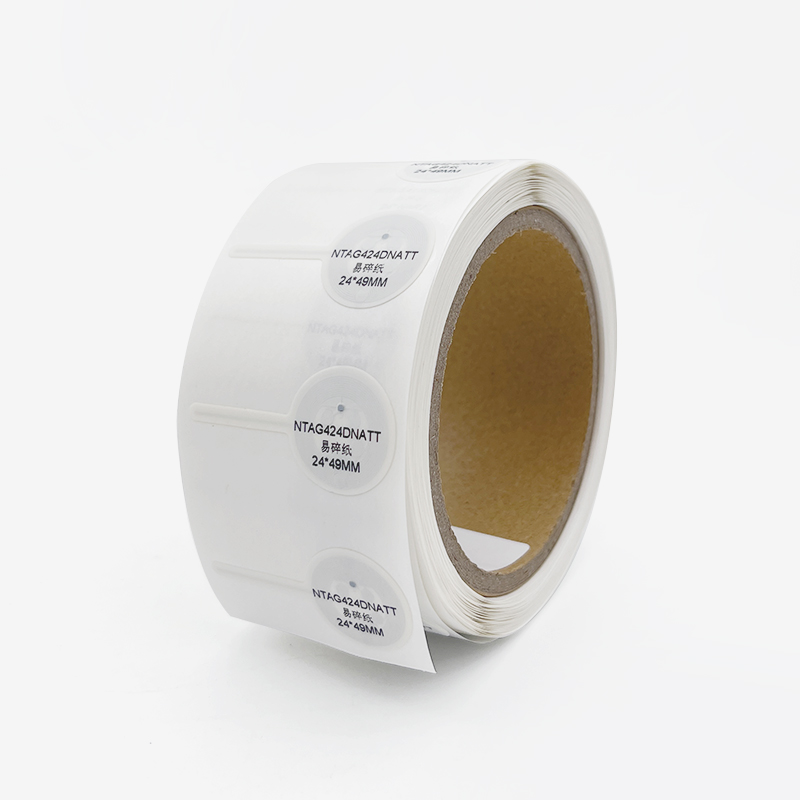
RFID Label Integration: Meeting Retailer Mandates Efficiently & Accurately.
Table of Contents
Summary
As more retailers, including giants like Walmart, require RFID tagging for better inventory management, companies like our factory Packaging Group have adapted by providing solutions that integrate RFID seamlessly into existing label systems.
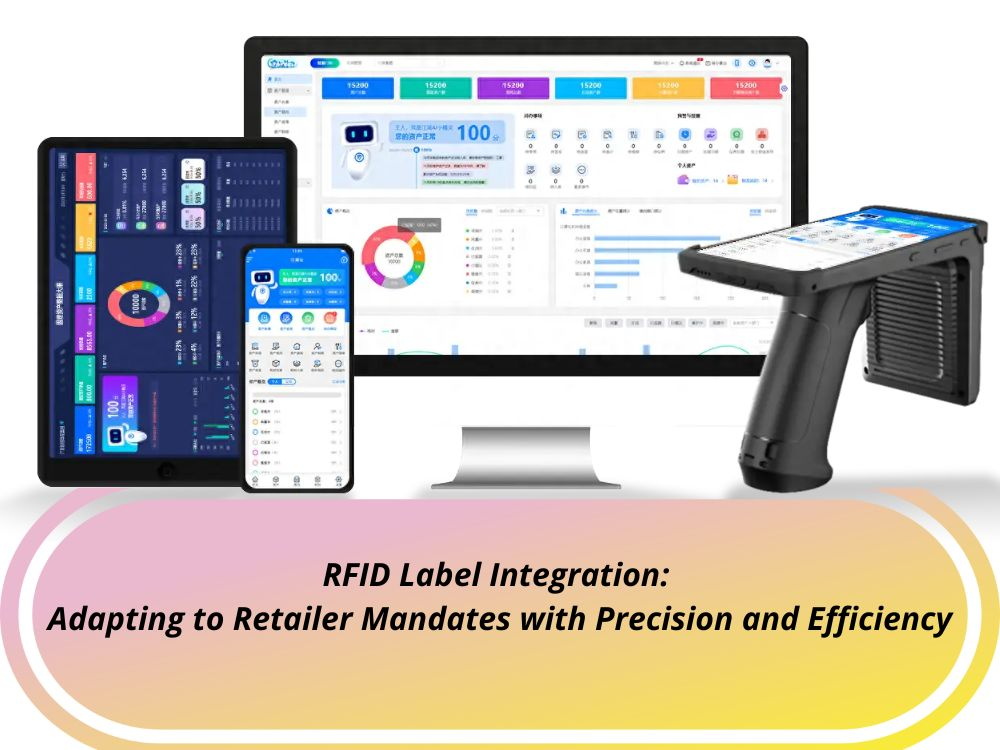
The Role of RFID in Modern Retail
RFID technology allows for the wireless transmission of data, enabling retailers to efficiently manage inventory and reduce out-of-stock situations. For brands, the challenge lies in meeting the specific requirements set by retailers without disrupting their existing production processes. This is where prime label manufacturers play a crucial role, offering RFID-embedded labels that maintain the product’s visual appeal while ensuring compliance.
RFID Mandates and Their Impact on Various Sectors
Sector | RFID Requirement | Benefits for Retailers |
Retail | RFID tags on select products | Enhanced inventory accuracy, reduced shrinkage |
Logistics | RFID integration in supply chain management | Improved tracking, reduced operational costs |
Manufacturing | RFID for raw materials and finished goods management | Increased efficiency, better quality control |
Healthcare | RFID for equipment and medication tracking | Improved patient safety, streamlined operations |
Supporting Brands through RFID Implementation
Our factory Packaging Group has positioned itself as a key partner for brands navigating RFID mandates. The company not only provides RFID-embedded labels but also guides brands through the entire process—from selecting the right RFID tags to obtaining the necessary certifications.
Customizing RFID Solutions for Diverse Needs
Working closely with brands of all sizes, our factory ensures that each label is tailored to meet the specific needs of both the product and the retailer. For companies new to RFID, this process can be complex, but our factory simplifies it by offering expert guidance and support.
Assisting with Certification and Compliance
Obtaining certification for RFID tags is a critical step in the process. For example, Walmart requires tags to be tested and certified by the RFID Lab at Auburn University. Our factory assists brands by preparing the necessary samples and documentation to ensure a smooth certification process.
Streamlining Production with RFID-Embedded Labels
For many brands, integrating RFID into their existing labels without disrupting production processes is a top priority. Our factory has developed a system that allows labels to be applied in the same way as traditional labels, minimizing the need for changes in manufacturing workflows.
Enhancing Operational Efficiency through RFID
Brands that have implemented RFID early are already reaping the benefits. Improved inventory management, reduced manual intervention, and the ability to meet retailer demands have given these companies a competitive edge. For those still catching up, our factory offers solutions that make the transition as smooth as possible.
Quality Control and RFID Readers
To ensure that RFID tags function correctly, some brands are incorporating RFID readers into their production lines. Our factory helps these companies select the appropriate readers, allowing for quality checks before products are shipped to retailers. This step ensures that tags are operational and that any issues are identified early in the process.
The Future of RFID in Label Manufacturing
As RFID technology continues to evolve, its role in label manufacturing is set to grow. Our factory is not only helping brands comply with current mandates but also leveraging RFID technology internally to improve its own operations. By integrating RFID into inventory management, the company has increased accuracy and reduced costs, setting a precedent for others in the industry.
Leveraging RFID for In-House Operations
Our factory’s use of RFID extends beyond customer products. By incorporating RFID into its own warehouses, the company has streamlined inventory management, reduced labor costs, and increased accuracy. This internal application of RFID showcases the technology’s versatility and potential for broader use.
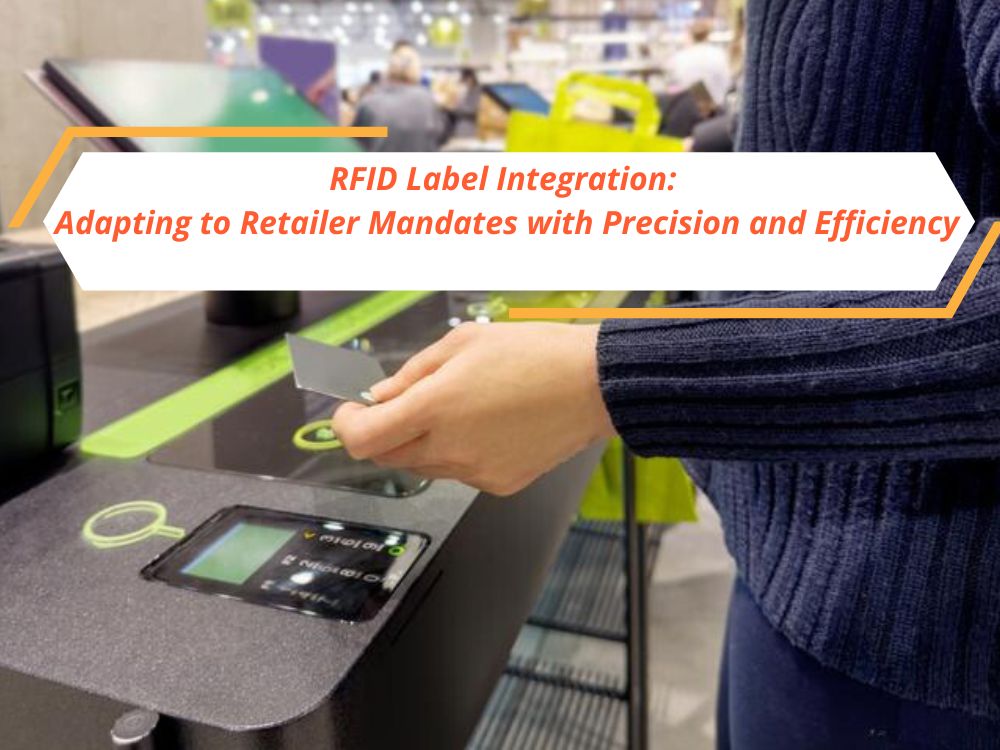
Conclusion
The integration of RFID technology into prime labels is no longer optional for many brands—it is a necessity driven by retailer mandates. Companies like our factory Packaging Group are leading the way by providing solutions that not only meet these requirements but also enhance operational efficiency and maintain brand integrity. As RFID technology continues to advance, its applications will only expand, offering new opportunities for innovation and growth across industries.
Comments
Hot Products
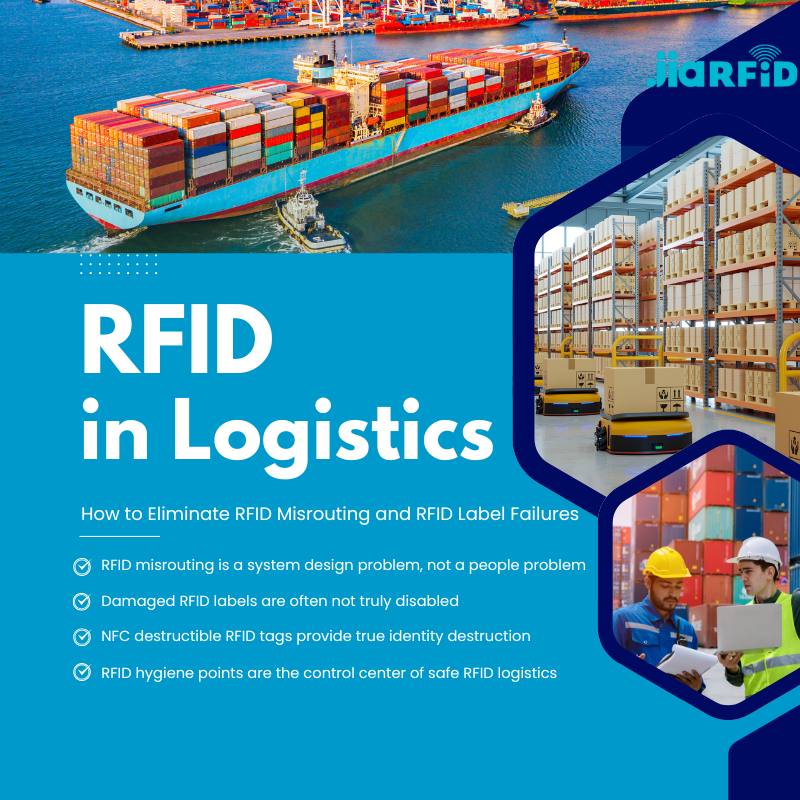
RFID in Logistics: How to Eliminate RFID Misrouting and RFID Label Failures
RFID in logistics is more than just a tool to speed up processes. It has become a key part of how modern supply chains operate.
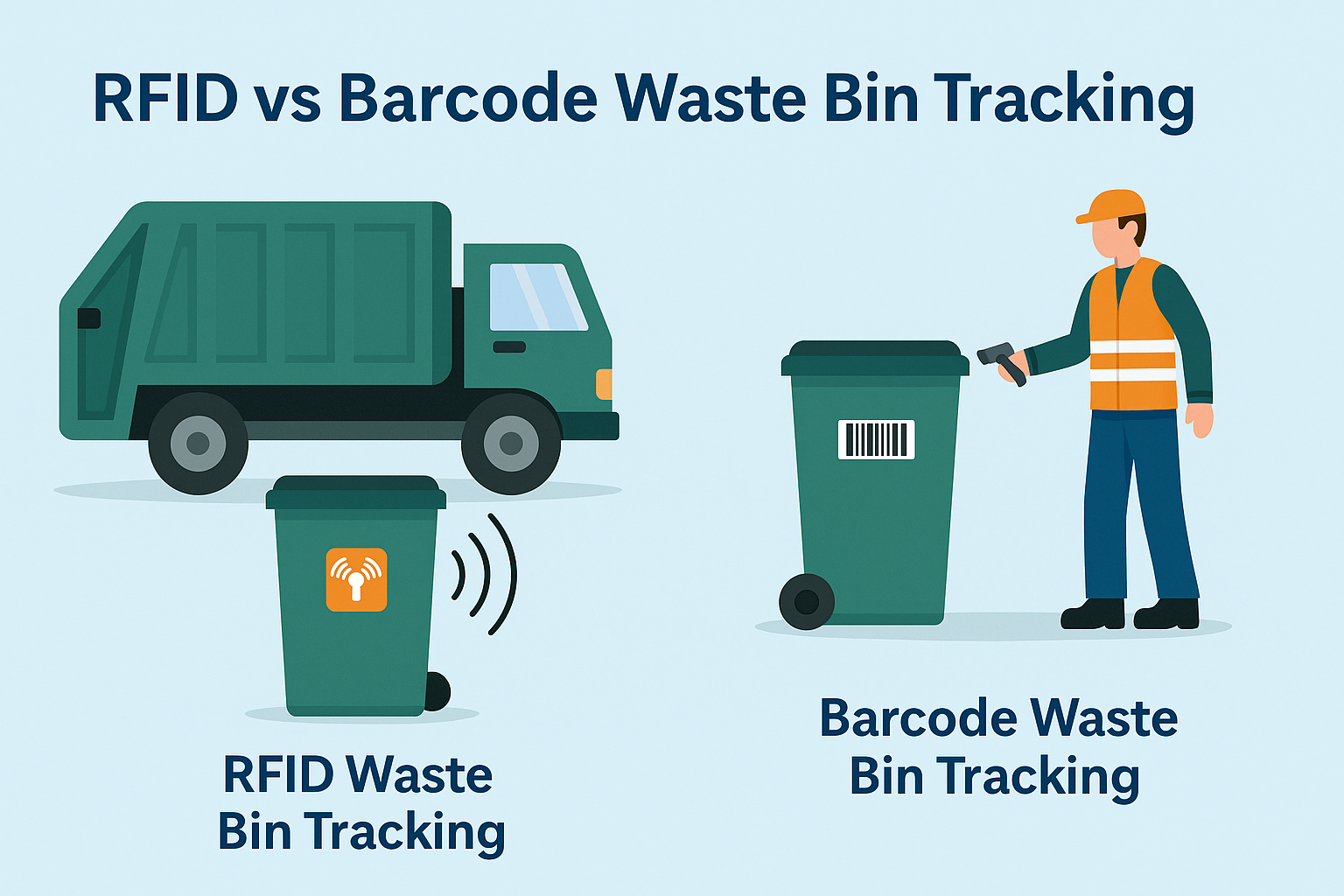
What Is RFID Waste Management
Imagine a city where every trash bin speaks — not literally — but through a tiny chip that tells the system when it’s full, when it’s emptied, and where it went. That’s what RFID waste management is doing today.
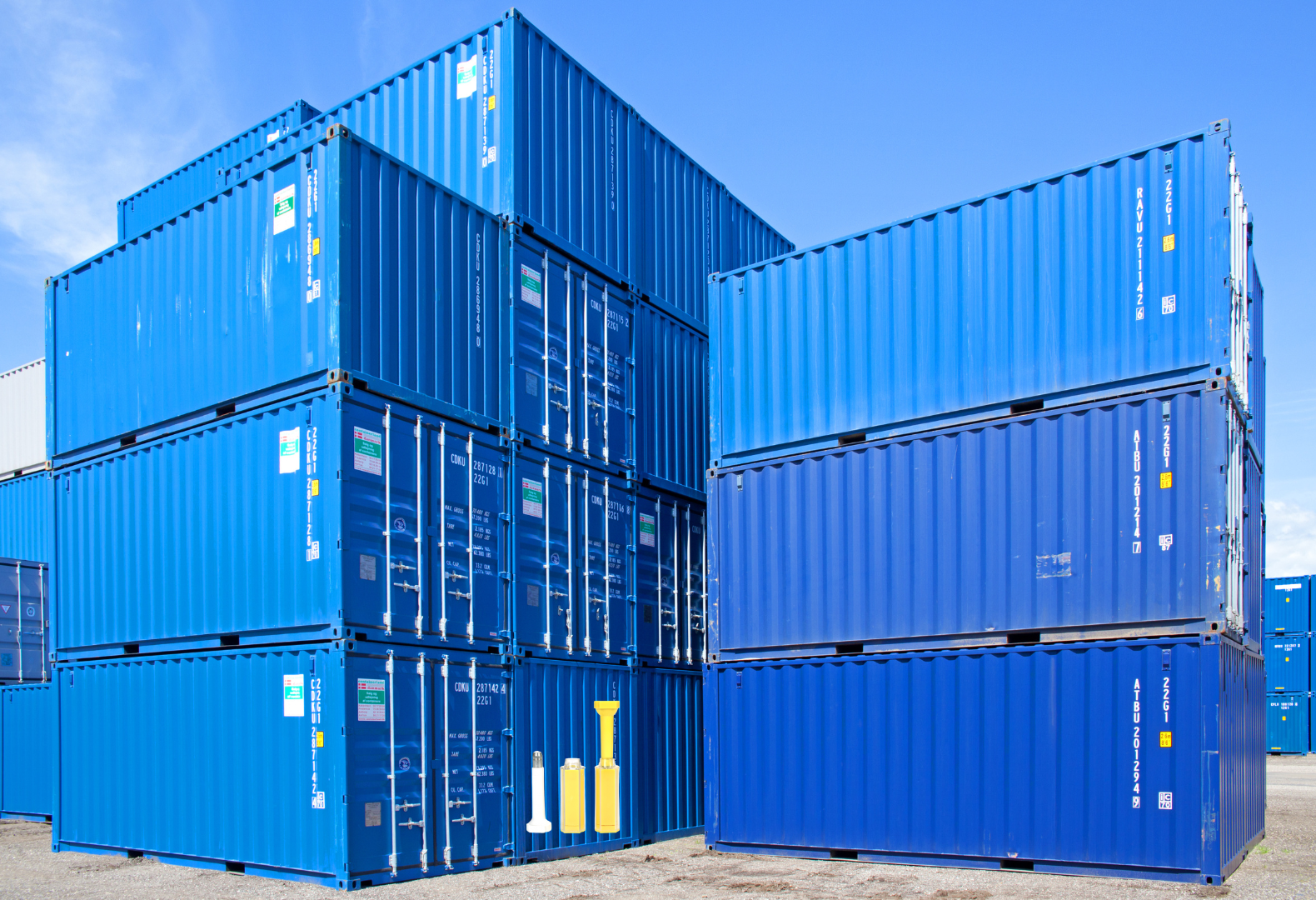
What are Bolt Seals and their Applications? | Complete Guide
In global trade and logistics, bolt seals play a crucial role in ensuring cargo security and compliance. These small but powerful devices are designed to lock shipping containers, trailers, and cargo doors with a tamper-evident mechanism.
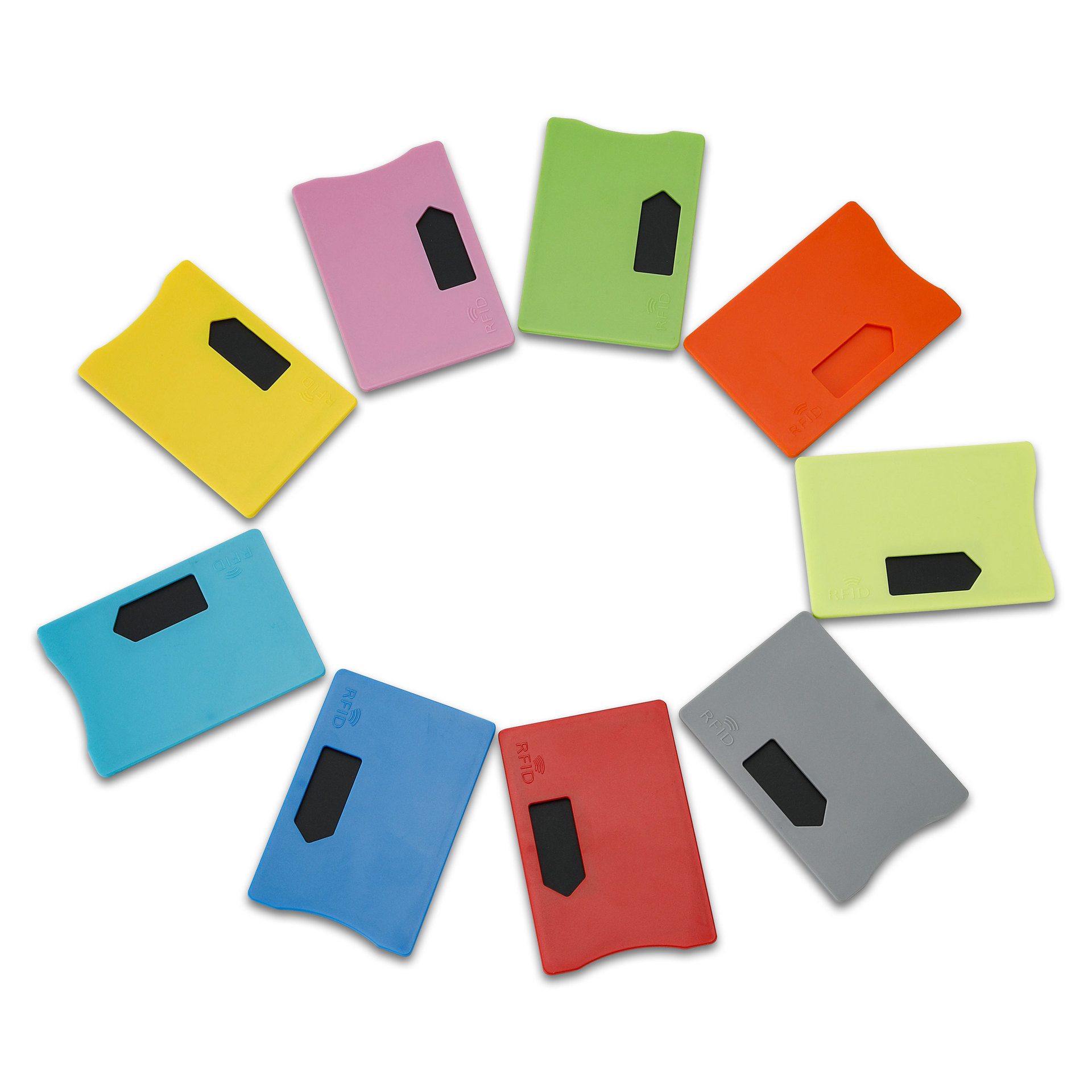
What is an RFID Card Protector? Benefits, Use Cases, and Buying Guide
RFID technology (Radio Frequency Identification) is everywhere: in your credit cards, ID badges, transit passes, hotel room keys, and more. It offers speed and convenience, but it also opens the door to a new kind of digital theft called “skimming.” That’s where an RFID card protector comes in.

RFID Wristbands for Events: Bulk Buying Guide for Organizers
RFID wristbands for events are becoming the go-to solution for organizers who need faster entry, fraud prevention, and cashless payments at concerts, festivals, and sports venues. Unlike paper tickets or QR codes, these smart wristbands use embedded chips to streamline access, secure transactions, and improve the guest experience.
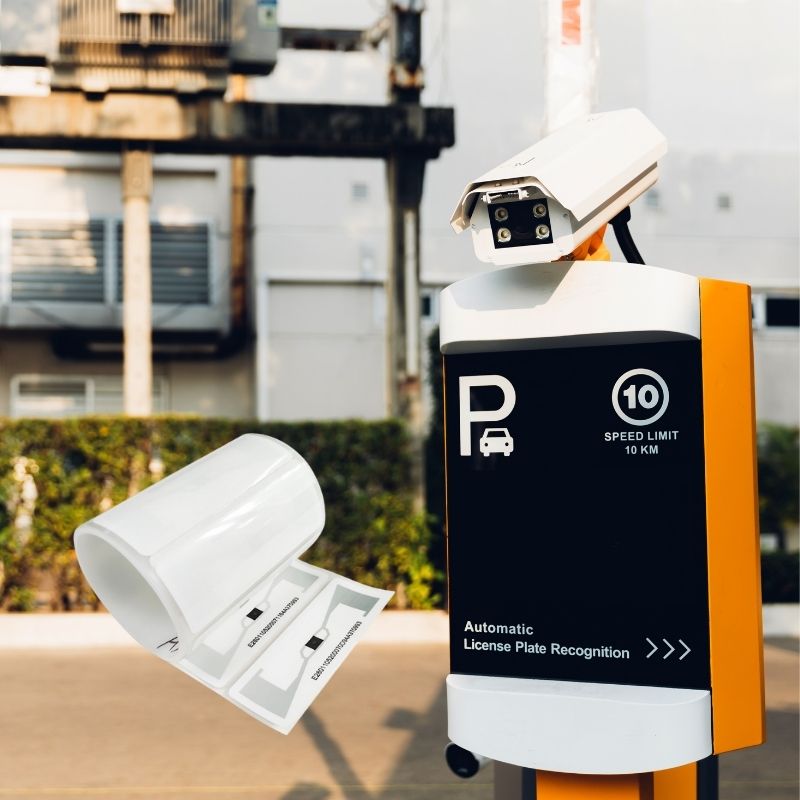
How RFID Tag on Windscreen Improves Vehicle Access Control and Toll Systems
In today’s fast-paced world, vehicle identification needs to be quick, secure, and contactless. An RFID Tag on the Windscreen provides exactly that — a reliable way to manage toll collection, parking, and gated access without stopping vehicles.
Tags
RELATED BLOGS

RFID in Logistics: How to Eliminate RFID Misrouting and RFID Label Failures
RFID in logistics is more than just a tool to speed up processes. It has become a key part of how modern supply chains operate.

What Is RFID Waste Management
Imagine a city where every trash bin speaks — not literally — but through a tiny chip that tells the system when it’s full, when it’s emptied, and where it went. That’s what RFID waste management is doing today.

What are Bolt Seals and their Applications? | Complete Guide
In global trade and logistics, bolt seals play a crucial role in ensuring cargo security and compliance. These small but powerful devices are designed to lock shipping containers, trailers, and cargo doors with a tamper-evident mechanism.


